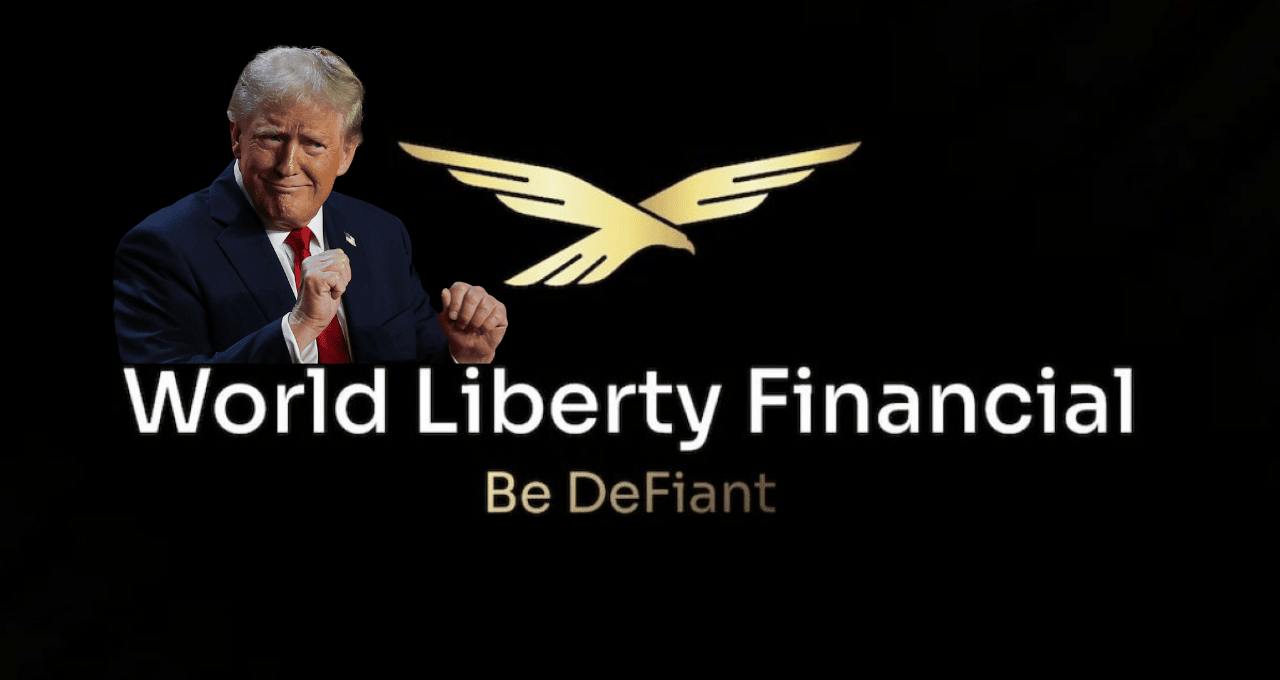Introduction
On April 2, during a hearing before the U.S. Congress, Representative Maxine Waters accused former President Donald Trump of plotting to replace the U.S. dollar with a stablecoin backed by himself. She warned that current stablecoin legislation should not be passed unless Republicans address the conflicts of interest tied to Trump.
Trump and the WLFI Stablecoin
In her opening statement at the hearing, Representative Waters, a senior member of the House Financial Services Committee, sharply criticized Trump’s ties to the cryptocurrency industry. She alleged that the former president has exploited his political influence to promote a series of crypto ventures for personal gain, including the USD1 stablecoin issued by World Liberty Financial (WLFI), a company closely linked to his family.
Waters also highlighted Trump’s prior moves in the crypto space, such as launching a memecoin in January 2024 and proposing the creation of a national cryptocurrency reserve. According to her, these actions are all aimed at bolstering Trump’s standing in the crypto industry, posing serious ethical risks and threats to the public interest.

Conflicts of Interest and Risks of Manipulation
Representative Waters cautioned that Trump might seek to push the widespread adoption of his stablecoin across the U.S. financial system. “He could want the government to use this stablecoin for every transaction, from Social Security payments and taxes to Housing and Urban Development grants,” she emphasized. “And which stablecoin would replace the U.S. dollar? Of course, it would be Trump’s own coin.”
Waters concerns extend beyond Trump potentially enriching himself through a stablecoin. She warned that his control over a widely used digital currency could enable him to manipulate the national economy. If a former U.S. president were to wield influence over such a currency, it could create unprecedented risks to financial stability.
Reactions from Lawmakers
Waters is not alone in raising these issues, other lawmakers have also voiced concerns about Trump-related conflicts of interest. French Hill, Chairman of the House Financial Services Committee, acknowledged that the Trump familys involvement in the crypto industry is complicating negotiations over stablecoin legislation.
“Unless theres a mechanism to prevent a U.S. president from owning and operating a private stablecoin business, I cannot support this bill,” Waters declared, urging her fellow legislators not to enable Trump’s ambitions in this matter.

Representative Bryan Steil, a sponsor of the STABLE Act aimed at establishing a legal framework for stablecoins, did not directly address Waters accusations. However, he stressed the importance of ensuring consumer protections and transparency in the cryptocurrency sector.
Next Steps for Congress
This hearing is part of an ongoing review of proposed amendments to legislation concerning stablecoins, illicit finance in the fintech space, and a potential ban on the U.S. government issuing a central bank digital currency (CBDC). These discussions mark a critical step before the bills are put to a vote in the House.
As of now, there is no concrete evidence that Trump is actively pushing to replace the U.S. dollar with his own stablecoin. Nevertheless, the accusations from Waters and other lawmakers could spark a broader debate about Trump’s influence on the cryptocurrency industry and the future of the U.S. financial system.
Conclusion
Donald Trump’s involvement in the cryptocurrency industry, particularly with his own stablecoin, has sparked significant controversy. It raises serious questions about the integrity and transparency of political figures involved in financial regulations. Lawmakers like Maxine Waters are calling for caution in advancing any stablecoin legislation, especially when it concerns the personal interests of high-ranking officials.




